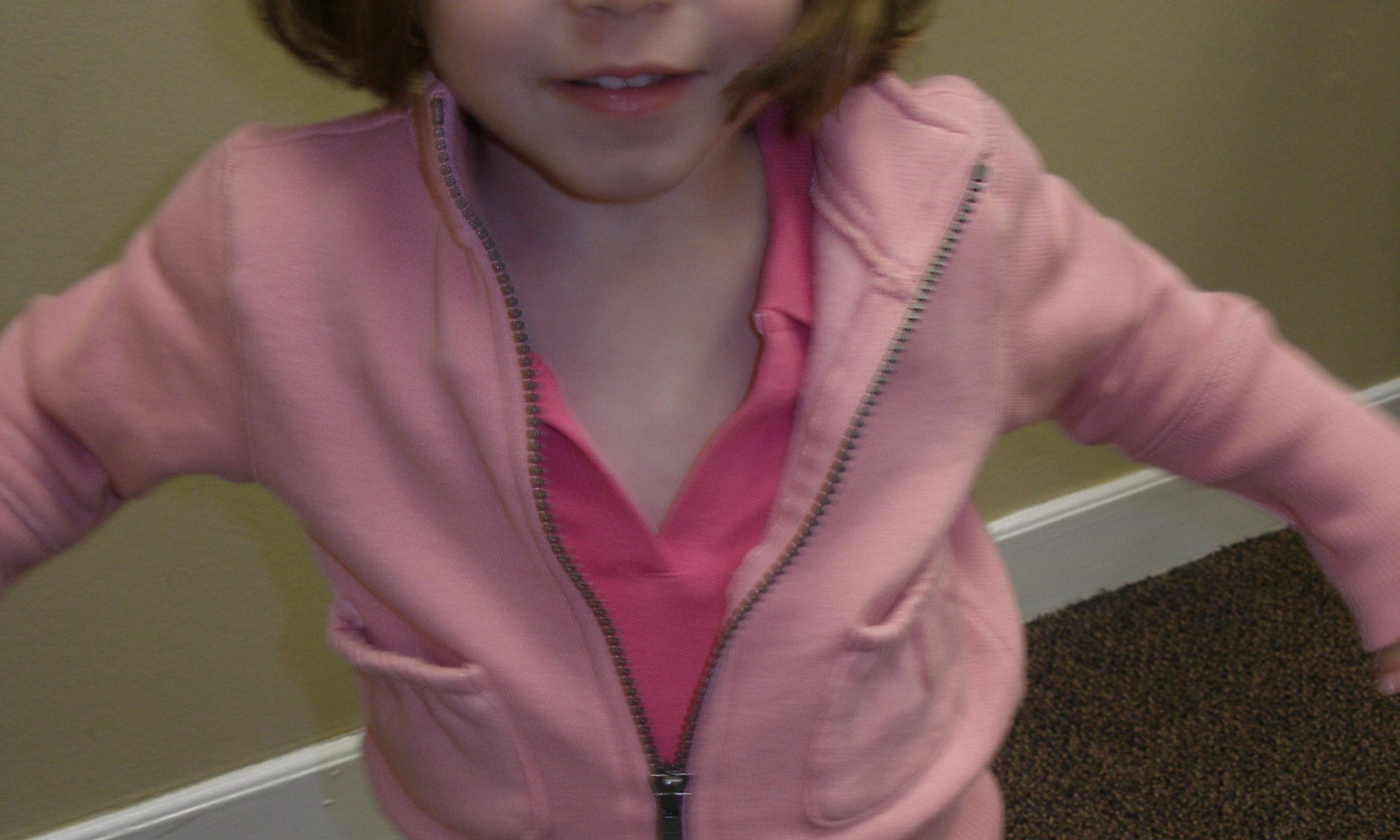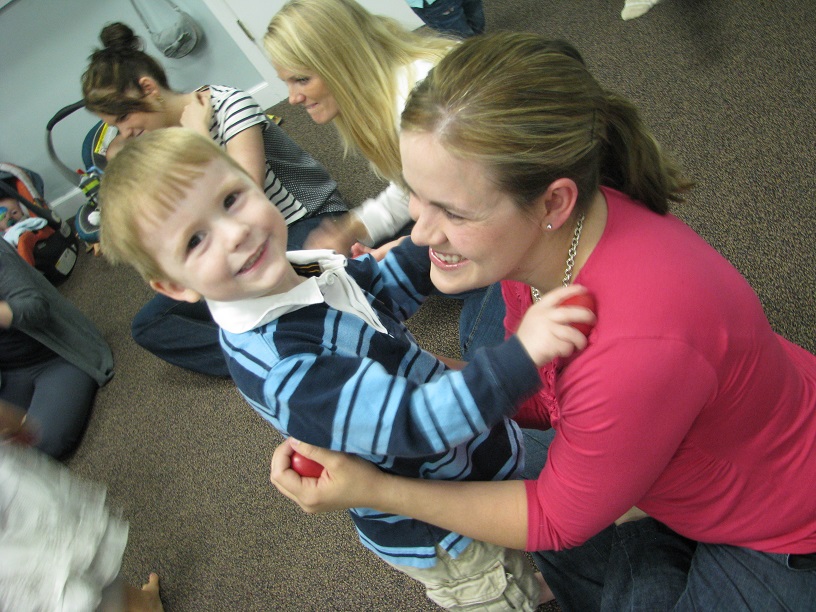Sep. 11, 2013 — In a new study looking at toddlers and preschoolers with autism, researchers found that children with better motor skills were more adept at socializing and communicating.
This was the exciting headline in Science Daily just recently, giving fresh insight for those in early childhood special education. Researchers have now identified a clear link between autism and motor skill deficits. Expert Megan MacDonald specifically recommends taking the approach of early intervention by teaching motor skills.
“Even at this early age [14 to 49 months], we are already seeing motor skills mapping on to their social and communicative skills,” MacDonald said. “Motor skills are embedded in everything we do, and for too long they have been studied separately from social and communication skills in children with autism.”
 As the world’s leader in music learning for young children, Kindermusik International has long been an advocate of the strong correlation between movement and learning. “You have to move to learn!”, our educators are fond of saying, as they encourage the parents and children not only to move, but to explore moving in different and creative ways.
As the world’s leader in music learning for young children, Kindermusik International has long been an advocate of the strong correlation between movement and learning. “You have to move to learn!”, our educators are fond of saying, as they encourage the parents and children not only to move, but to explore moving in different and creative ways.
“Movement is a universal, full-time, personal, childhood occupation, and its importance in children’s early learning experiences cannot be overemphasized…” (from Moving and Learning for the Young Child by William J. Stinson, Ed.)
The Kindermusik curricula reflect and embrace the different developmental stages of children, with appropriate motor skills explored, practiced, and enjoyed accordingly. Kindermusik believes strongly in the powerful combination of music and movement that is important for all children, but is especially potent for those with special needs – including autism. The benefits of music on children, especially during the early years, are immeasurable.
Read the full article from Science Daily here.
Improve your child’s motor skills and inspire them with a love of music with Kindermusik. Try a free class today!
Written by Theresa Case, whose Kindermusik program at Piano Central Studios in Greenville, SC, is proudly among the top 1% of Kindermusik programs worldwide.





